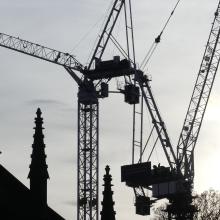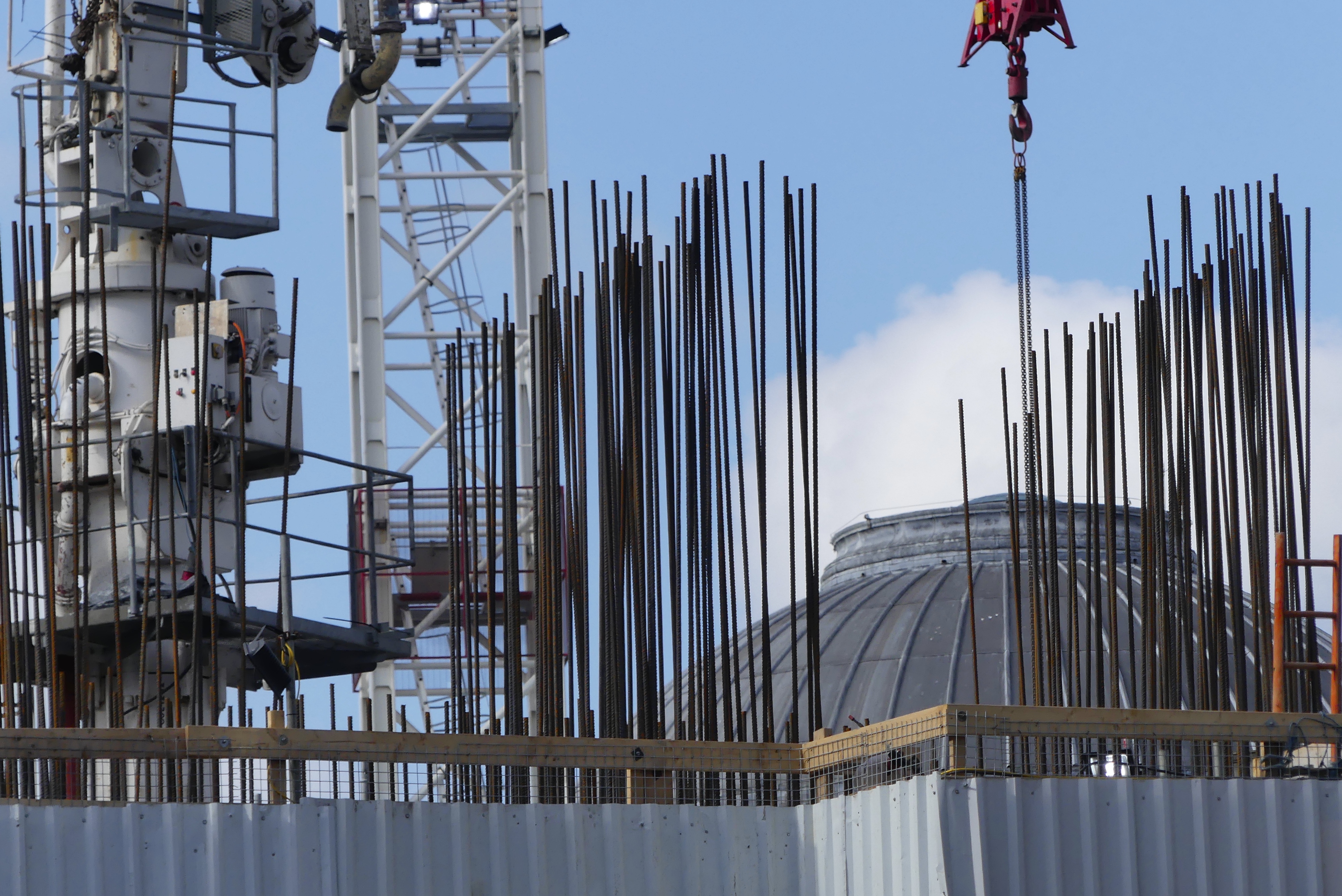
As examined at length and from various perspectives in Issue 295, the Covid-19 pandemic will have long-lasting effects on the future of Edinburgh.
Scotland’s economy, demographics, housing, and tourism needs will all be fundamentally reshaped compared to the expectations most people had of them only a few short months ago.
The consequent need for reappraisal informs the preface to New Town & Broughton Community Council’s lengthy response to Edinburgh Council's ‘Choices for City Plan 2030’ – a consultation about the city's strategy for the coming decade.
‘The pandemic does not invalidate our comments to the questions as consulted on,’ writes NTBCC Chair Carol Nimmo, but ‘[…] the pace and priorities for change will inevitably be altered’.
She therefore calls for further engagement with Edinburgh Council and the Scottish Government ‘once it has been possible to recalibrate the assumptions and choices to enable a more meaningful Local Development Plan to be produced’.
NTBCC submitted its admirably detailed, considered and reasonably argued response on 30 April. You can read it in full in the pdf at the foot of this page.

What follow below are very brief summaries of some of NTBCC'S more eye-catching assertions.
- 1D There should be a presumption of NO development on poor quality or underused open space in the city centre. Focus instead on improving such spaces.
- 1E Beware of eroding the Green Belt by clumsy insistence on provision of green spaces around new developments.
- 2A and 2B New development should be future-proofed to allow change of use. High-quality and accessible city-centre ‘densification’ should follow historic vertical precedents.
- 4A Wide-ranging place briefs led by and effectively engaging local residents are welcome.
- 5A Improved provision of additional infrastructure is desirable, particularly regarding Education and Healthcare in North Edinburgh. Council should be more robust about using existing powers to secure Section 75 contributions from developers.
- 6A Policies to reduce congestion and improve air quality should address not only private cars but also commercial and public-service vehicles. Active Travel interests should not be advanced to the exclusion of those concerning people with limited mobility.
- 7D Avoid over-emphasis on using disused rail routes as active travel routes – recognise their potential value for other transport modes.
- 9A ‘If we have learned nothing else from this pandemic, it is the importance of having residents for strong and cohesive communities, across Edinburgh. We would advocate for all of Edinburgh to be a single short term let control area, with the same criteria to judge suitability for any change of use or for residents who want to short term let their own property in full, or in part.’
- 9B There should always be a presumption against change of use from residential property to commercial purposes.
- 11A and 11B Strengthen number, quality, and genuine affordability of affordable housing as part of mixed developments.
- 13 ‘We question whether a policy which supports increasing tourism in a city already suffering from over tourism is helpful in creating a balanced economy or is sustainable given the increasing negative impacts of over tourism. […] The City Plan needs to support a mixed ecology that embraces innovation and learning, supports social enterprise and addresses thoroughly the climate crisis. The City Plan needs to be sophisticated and have the confidence that is expected of a capital city to be innovative and forward-thinking in and of itself.’
- 15E and 16C ‘In a city with limited development space, there should be a need to demonstrate a robust case for additional hotel beds.’ ‘We feel strongly that Edinburgh city centre has been unsustainably weighted to tourist and commercial development in recent years, and in order to maintain a mix of local employment opportunities we would encourage the maintenance of existing office space.’
- 18 ‘A major failing in the Choices document is an appreciation of the importance of the residential component of the city centre – the primary criterion to judge acceptability or otherwise of other development must be the impact on the quality of life for those who live and work here. We do not require over scale half-digested inappropriate imported concepts.’
------------



